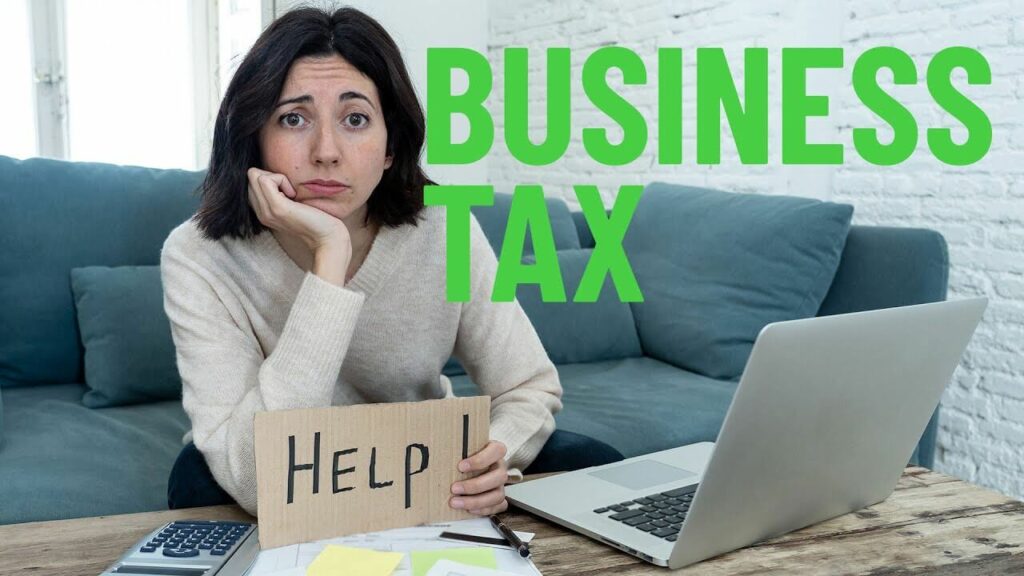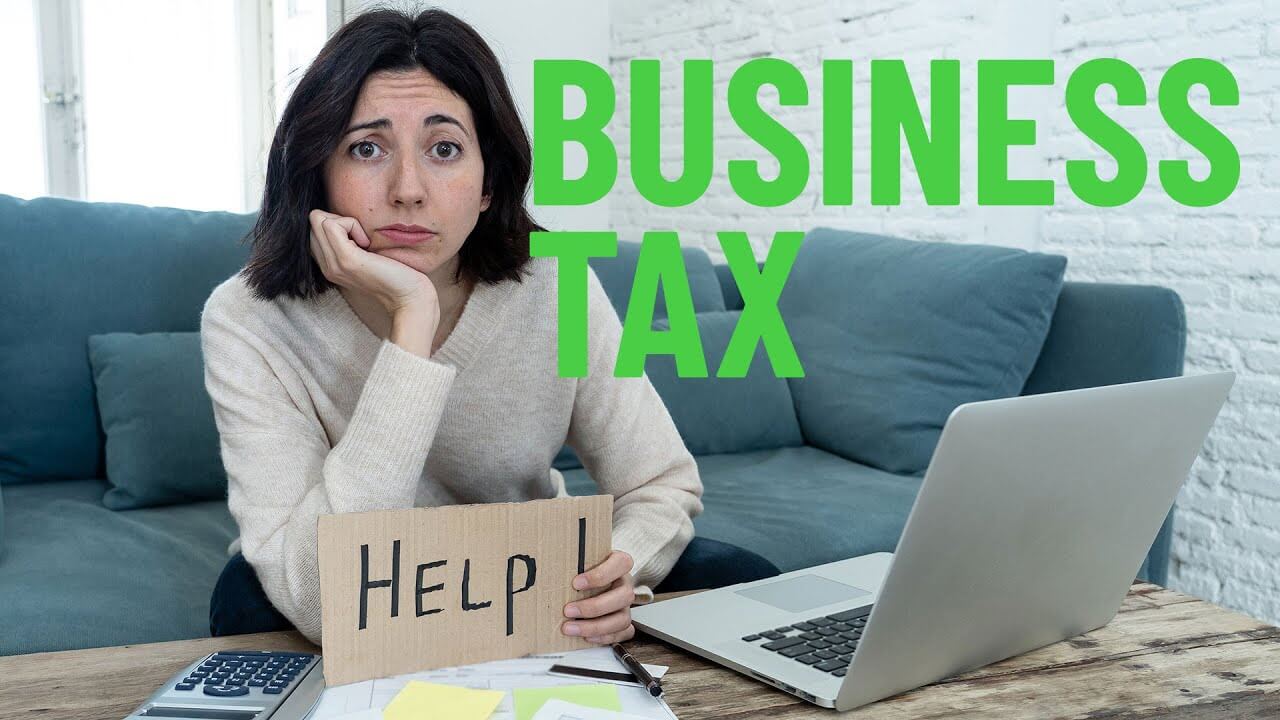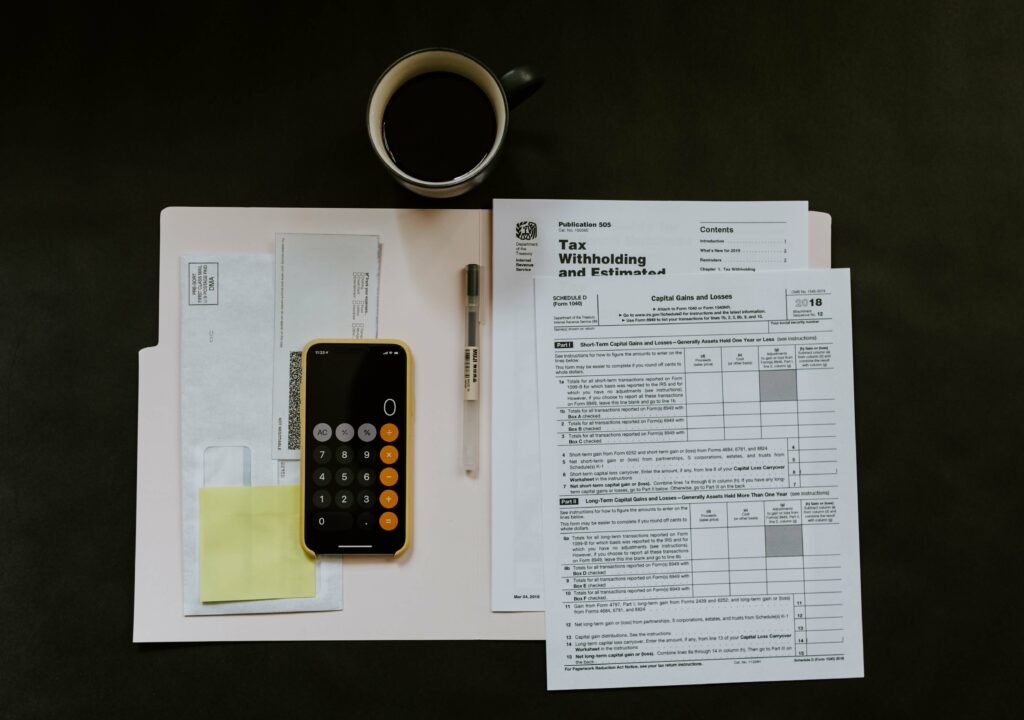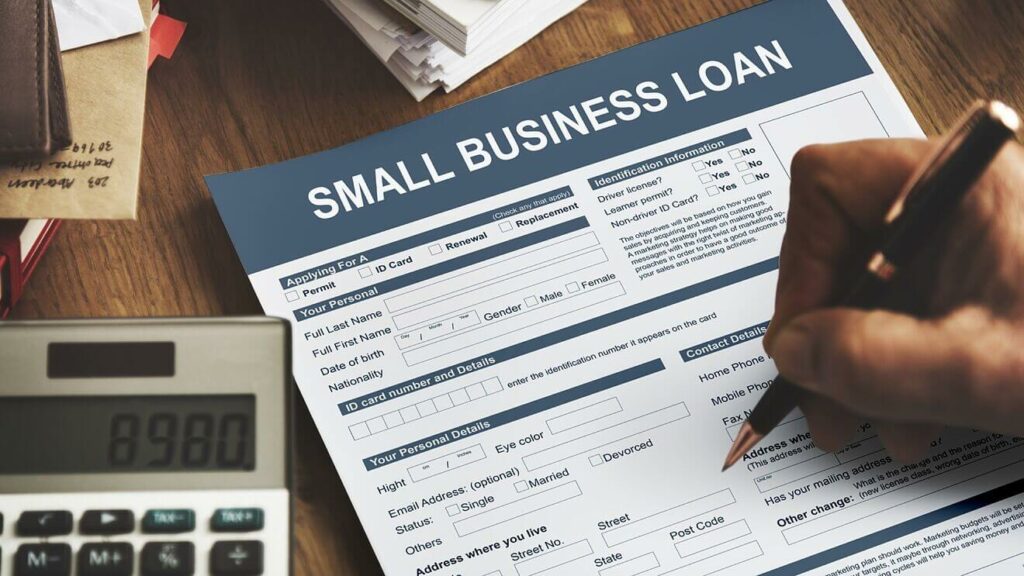How to prepare for tax season as a small business owner


As small business experts, we understand how stressful tax season can be for small business owners. The burden of preparing and filing tax returns can be overwhelming, especially for those who are new to the process. With proper planning and organization, you can make the tax season much less intimidating. In this article, we will provide some valuable tips on preparing for tax season, including organizing your financial records, understanding tax deductions and credits, and finding the right tax professional.
Keep accurate records
The foundation of a smooth tax season is well-organized financial records. One of the most important things you can do to prepare for tax season is to keep accurate records throughout the year. Having organized records will not only make it easier for you to file your tax return, but it will also help you to monitor your business’s financial performance on a regular basis. Make sure you have the following documents in order:
- Income statements: Track your business revenue, including sales, invoices, and other forms of income.
- Expense receipts: Keep records of all your business expenses, such as rent, utilities, supplies, and marketing costs.
- Payroll records: Maintain accurate payroll information, including employee wages, benefits, and tax withholdings.
- Bank and credit card statements: Reconcile your bank and credit card accounts to ensure all transactions are accurately recorded.
- Asset records: Keep track of your business’s assets, including purchases, depreciation, and sales.
Understand your business structure
The tax rules and requirements for different types of businesses can vary significantly. It is important to understand your business structure and how it affects your tax obligations. For example, if you are a sole proprietor, you will need to file a Schedule C with your personal tax return. On the other hand, if you operate as a partnership or corporation, you will need to file a separate tax return for your business. it is essential to understand the various tax obligations you’ll need to fulfill:
- Income tax: Your business’s taxable income determines your income tax liability.
- Self-employment tax: If you’re a sole proprietor or partner, you’ll need to pay self-employment tax for Social Security and Medicare.
- Sales tax: If you sell goods or services, you may need to collect and remit sales tax.
- Employment taxes: If you have employees, you’ll need to withhold payroll taxes and pay your share of Social Security, Medicare, and unemployment taxes.
Determine your deductible expenses
As a small business owner, you are entitled to deduct certain expenses from your taxable income. These may include business-related travel expenses, office supplies, and rent. It is important to keep track of these expenses throughout the year and ensure that you have proper documentation to support your deductions:
- Home office deduction: If you use a portion of your home exclusively for business, you may qualify for the home office deduction.
- Vehicle expenses: You can deduct a portion of your vehicle expenses if you use it for business purposes.
- Depreciation: You can depreciate certain assets, such as machinery, equipment, and vehicles, over their useful life.
- Employee benefits: Expenses related to employee benefits, such as health insurance and retirement plans, are generally deductible.
- Research and development: If your business invests in research and development, you may qualify for the R&D tax credit.
Plan for estimated tax payments
If you expect to owe more than $1,000 in taxes for the year, you may need to make quarterly estimated tax payments. Failure to do so could result in penalties and interest charges. It is important to plan for these payments throughout the year and ensure that you have enough cash flow to cover them.
Seek professional advice
Preparing your tax return can be a complex process, especially if you have multiple sources of income or deductions. It may be beneficial to seek the advice of a professional accountant or tax preparer to ensure that you are maximizing your deductions and minimizing your tax liability. Here’s how to find the right tax professional:
- Look for experience: Choose a tax professional with experience in your industry and familiarity with the specific tax issues you face.
- Verify credentials: Make sure the tax professional has the appropriate credentials, such as being a Certified Public Accountant (CPA) or an Enrolled Agent (EA).
- Check references: Ask for references and read online reviews to ensure the tax professional has a solid reputation.
- Discuss fees: Clarify the fee structure upfront to avoid surprises later.
Conclusion
Preparing for tax season as a small business owner requires planning, organization, and attention to detail. By keeping accurate records, understanding your business structure, determining your deductible expenses, planning for estimated tax payments, staying informed about tax law changes, and seeking professional advice, you can make the tax season much less stressful and ensure that you are in compliance with all tax regulations.





Responses